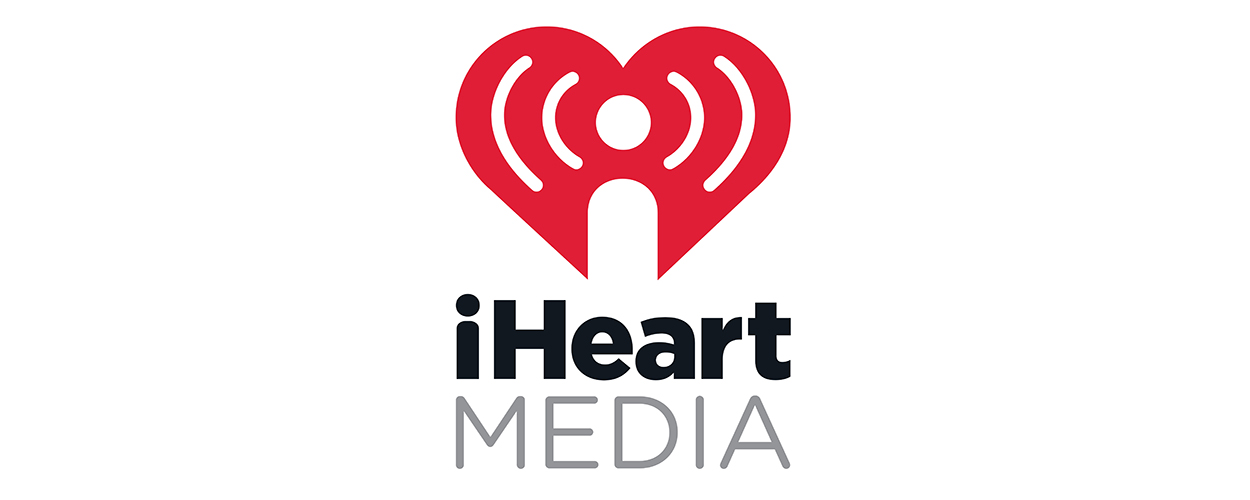This website uses cookies so that we can provide you with the best user experience possible. Cookie information is stored in your browser and performs functions such as recognising you when you return to our website and helping our team to understand which sections of the website you find most interesting and useful.
Business News Digital Media Top Stories
iHeart plots to exit its bankruptcy with an IPO
By Chris Cooke | Published on Thursday 4 April 2019

US radio giant iHeartMedia has filed paperwork with the Securities & Exchange Commission to prepare the way for an initial public offering. Although the media firm is still keeping its options open for the time being, it could IPO as it exits the bankruptcy process it has been engaged in for the last year.
iHeart is America’s biggest radio company operating nearly 850 stations in the country. It has also moved into online services in recent years. In particular, the iHeartRadio streaming service, which is primarily a personalised radio set-up of the Pandora variety, but which also offers a fully on-demand streaming option for paying users.
A judge in the American bankruptcy courts approved iHeart’s latest restructuring plan in January. It’s hoped that plan will allow the broadcaster to put behind it years of uncertainty that were caused by a massive debt-load which was in turn caused by a stupid ‘leveraged buyout’ of the business back in 2008. That plan will also see the firm’s Clear Channel outdoor advertising division spun off as a separate company.
According to the New York Times, iHeart is currently considering a return to the stock market via either an IPO or one of those trendy direct listings like what Spotify did a year ago. The latter involves listing on a stock exchange but without issuing any new shares. The media firm told the Times that its SEC filing yesterday was required now to ensure that a speedy IPO was an option for the company moving forward. If it does raise any new cash via the stock market listing, it would likely be used to write off some more debt.
Whether it went the IPO or direct listing route, iHeart arriving on the stock market would be an interesting test of how confident – or not – the investment community is about the prospects of the radio industry. Although most radio businesses have held up pretty well to date as content consumption has shifted online, that’s partly because most radio stations slashed their overheads in the 1990s and 2000s, and also because radio is mainly consumed in places where the internet was slow to arrive, like the car, the bathroom and the kitchen.
But it does feel like radio has pretty much lost a generation, in that younger consumers are much more likely to use Spotify, Apple, YouTube and Instagram for music and general time-wasting entertainment. More youth-orientated stations are generally aware of this, though commercial channels aimed at a slightly older demographic are often still in denial about the fact the next generation of their target audience is not tuning in to AM or FM.
iHeart, more than most, has used its massive audience reach on the AM/FM dial to build an online business in the US that is centred on the iHeartRadio service. The challenge there is how to make the digital side of the operation generate income, with most of its online audience using free services, and the online advertising business generally being less lucrative for traditional media players because of competition from Facebook and Google.
For broadcasters in the US, there’s also the issue that online the radio services that are music-based must pay more royalties into the music industry. A whim of US copyright law means that when radio stations broadcast on AM/FM, they only need to pay royalties to songwriters and music publishers. Once online, artists and record labels must also be paid, even if broadcasters can rely on the compulsory licence administered by SoundExchange.
On top of all that, the music industry is trying to increase its income from this side of the business. In its SEC filing, iHeart notes the ongoing legal battle between the Radio Music License Committee and Global Music Rights, the newer boutique collecting society that wants to negotiate deals for the songwriters it represents away from the regulatory process that applies to bigger societies ASCAP and BMI.
Meanwhile, on the recordings side, the record industry continues to lobby for a change in copyright law so that AM/FM stations would have to pay royalties to artists and labels too. Plus, with online services, last year’s Music Modernization Act means that the royalties due for the recordings played must be paid on pre-1972 releases too. Another whim of US copyright law having previously restricted such payments to only post-1972 tracks.
The SEC filing states: “There is no guarantee that the licences and associated royalty rates that currently are available to us will be available to us in the future … increased royalty rates could significantly increase our expenses, which could adversely affect our business”.
Nevertheless, iHeart still puts a positive spin on its core offering in the filing. “Broadcast radio holds a unique place in American culture”, it states, “Consumers listen to the radio because the voice on the other side sounds like a friend”.
Noting that Deloitte has said that radio enjoys “revenue, reach and resilience” – and that it is the biggest radio operator in the US – it adds: “We believe our advantage is driven by our unique ability to build relationships and engage a broad spectrum of audiences and demographics as we fulfil listeners’ need for companionship and to be connected with the world”.
Assuming the IPO goes ahead, it will be interesting to see if Wall Street types can get as excited about the future of all things radio as iHeart itself.





